The conventional wisdom going into the 87th Academy Awards was that it would be a horse race between two quirky, experimental films: “Boyhood,” Richard Linklater’s coming-of-age drama that took 12 years to film, and “Birdman or (the Unexpected Virtue of Ignorance”), a backstage show-business satire that director Alejandro González Iñárritu constructed to resemble one continuous take.
In the end, however, “Birdman” was the night’s big winner, earning four awards for best screenplay, cinematography, direction and best picture. “Boyhood,” which was favored to at least win best director for Linklater, earned just one Oscar: Patricia Arquette for best supporting actress.
“Birdman’s” sweep — as well as an exceptionally strong showing for Wes Anderson’s “The Grand Budapest Hotel” and Damien Chazelle’s “Whiplash,” qualified as the biggest surprise on a night that otherwise transpired largely as expected. J.K. Simmons won best supporting actor for his role as an abusive drum teacher in “Whiplash,” Eddie Redmayne won best actor for his portrayal of the physicist Stephen Hawking in “The Theory of Everything,” and Julianne Moore — who had been nominated four times before — finally won for her turn as a woman suffering from early-onset Alzheimer’s disease in “Still Alice.”
In her acceptance speech, Moore expressed hope that the film would bring more public attention to the affliction, joining other winners who took advantage of their time at the podium to talk about the causes their films highlighted. Upon winning the Oscar for best adapted screenplay, Graham Moore — who wrote “The Imitation Game,” about the gay World War II cryptographer Alan Turing — disclosed that he had attempted suicide as a teenager, urging teenagers in the audience to “stay weird.” When “Glory” composers John Legend and Common took the stage to accept the award for best song, Legend used his speech to expand on “Selma’s” political message.
“We wrote this song for a film that was based on events that were 50 years ago. But we say ‘Selma’ is now because the struggle for justice is right now. … We know that, right now, the struggle for freedom and justice is real. We live in the most incarcerated country in the world. There are more black men under correctional control today than were under slavery in 1850. When people are marching with our song, we want to tell you, we are with you.”
Best song was the only Oscar won by the civil rights drama, which was nominated for best picture, along with seven other movies. When “Selma” director Ava DuVernay was overlooked in the best director race, many observers saw the snub as symptomatic of persistent racism and sexism in an industry — and motion picture academy — that is dominated by white male filmmakers and white male stories.
Oscars host Neil Patrick Harris acknowledged those criticisms right off the bat in his opening number, when he called the Oscars a chance to recognize “the best and the whitest — er, brightest” in Hollywood. Later, the evening’s most galvanizing moment occurred when Arquette accepted her award and ended her speech with a call to end wage discrimination against women, at which point Meryl Streep and Jennifer Lopez stood up and whooped their approval from the audience.
Arquette’s speech crystallized strong feelings that emerged this year regarding diversity in race and gender in the movie industry. When Kathryn Bigelow became the first woman to win an Oscar for best director in 2010, many observers thought the victory signaled progress in employing more women behind the camera. But according to Martha Lauzen of the Center for the Study of Women in Television and Film at San Diego State University, women comprised only 17 percent of all directors, writers, producers, executive producers, editors and cinematographers in 2014, the same percentage as in 1998.
This 2015 Oscar ceremony punctuated a year of anxiety and even anguish in the movie industry, which was bedeviled by weak box-office returns and a punishing computer hacking scandal at Sony Pictures Entertainment. The jittery state of affairs was also acknowledged in Harris’s opening number, when the actor Jack Black took the stage with a litany of technological and demographic threats to old-fashioned movie-going (summed up in the phrase “screens in our jeans”).
In many ways, the Oscar ceremony doesn’t just celebrate theatrical movies; it creates an economy for them: Awards season has become an increasingly important business model for films that can’t afford splashy TV ad campaigns but benefit from the “earned awareness” of stars walking red carpets from Toronto and Venice to the Golden Globes. “Birdman” exemplifies just the kind of small, experimental movie that the Academy Awards help keep alive despite threats from the special-effects spectacles and comic-book movies that the movie itself harshly critiques.
By voting for “Birdman,” Academy members seemed to be sending a signal that they’re painfully aware of the business model that keeps them afloat, and their own contradictory worship of visionary creativity on one hand and box-office profits on the other. As Harris noted at the outset of the program, the eight best picture nominees earned $600 million between them, and the surprise hit “American Sniper” has earned more than all the rest put together. (It won one Oscar, for best sound editing.)
Still, even if this year’s crop of nominees was among the lowest-grossing group in recent memory, each managed to double its production budget — often with the help of its Oscar campaign. As Julianne Moore observed after winning her Oscar, “You never know. At the end of the day, Hollywood is still a business. I think it depends on how many people buy tickets.”
List of 87th Academy Award winners:
Best picture: “Birdman or (The Unexpected Virtue of Ignorance).”
Actor: Eddie Redmayne, “The Theory of Everything.”
Actress: Julianne Moore, “Still Alice.”
Supporting actor: J.K. Simmons, “Whiplash.”
Supporting actress: Patricia Arquette, “Boyhood.”
Directing: Alejandro G. Inarritu, “Birdman or (The Unexpected Virtue of Ignorance).”
Foreign language film: “Ida.”
Adapted screenplay: Graham Moore, “The Imitation Game.”
Original screenplay: Alejandro G. Inarritu, Nicolas Giacobone, Alexander Dinelaris Jr. and Armando Bo, “Birdman or (The Unexpected Virtue of Ignorance).”
Animated feature film: “Big Hero 6.”
Production design: “The Grand Budapest Hotel.”
Cinematography: “Birdman or (The Unexpected Virtue of Ignorance).”
Sound mixing: “Whiplash.”
Sound editing: “American Sniper.”
Original score: “The Grand Budapest Hotel.”
Original song: “Glory” from “Selma.”
Costume design: “The Grand Budapest Hotel.”
Documentary feature: “CitizenFour.”
Documentary (short subject): “Crisis Hotline: Veterans Press 1.”
Film editing: “Whiplash.”
Makeup and hairstyling: “The Grand Budapest Hotel.”
Animated short film: “Feast.”
Live action short film: “The Phone Call.”
Visual effects: “Interstellar.”
Copy the Story Link
Send questions/comments to the editors.

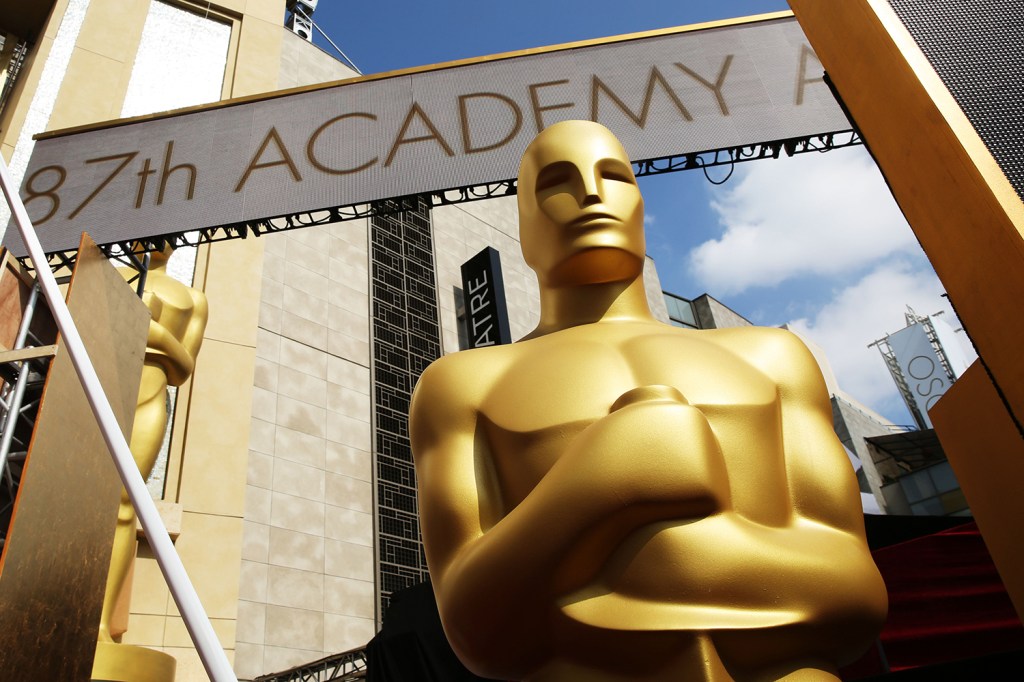
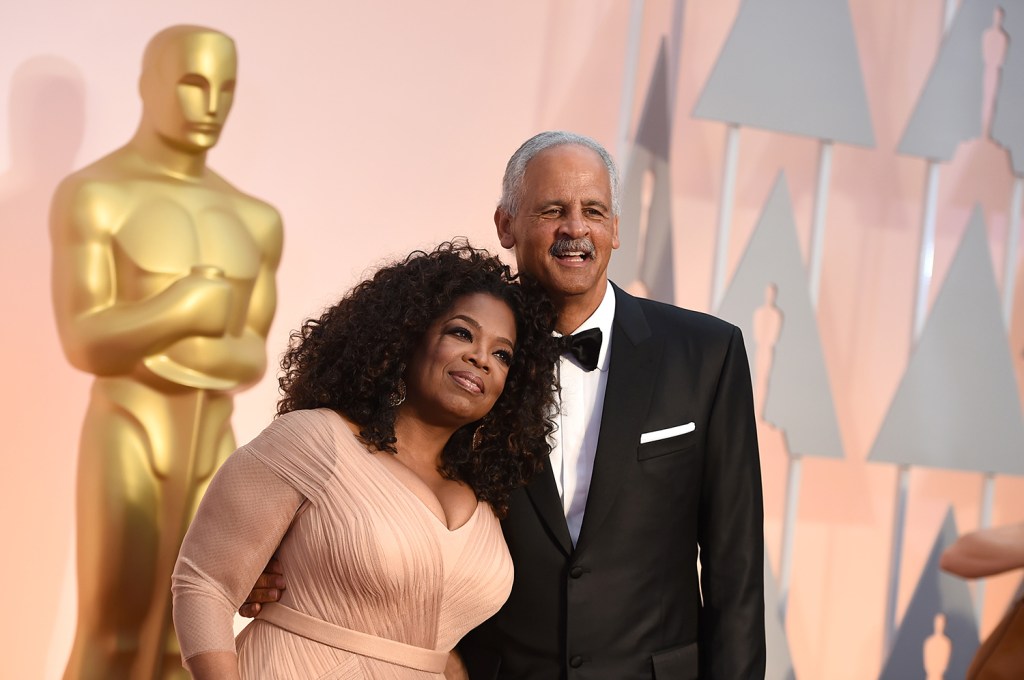
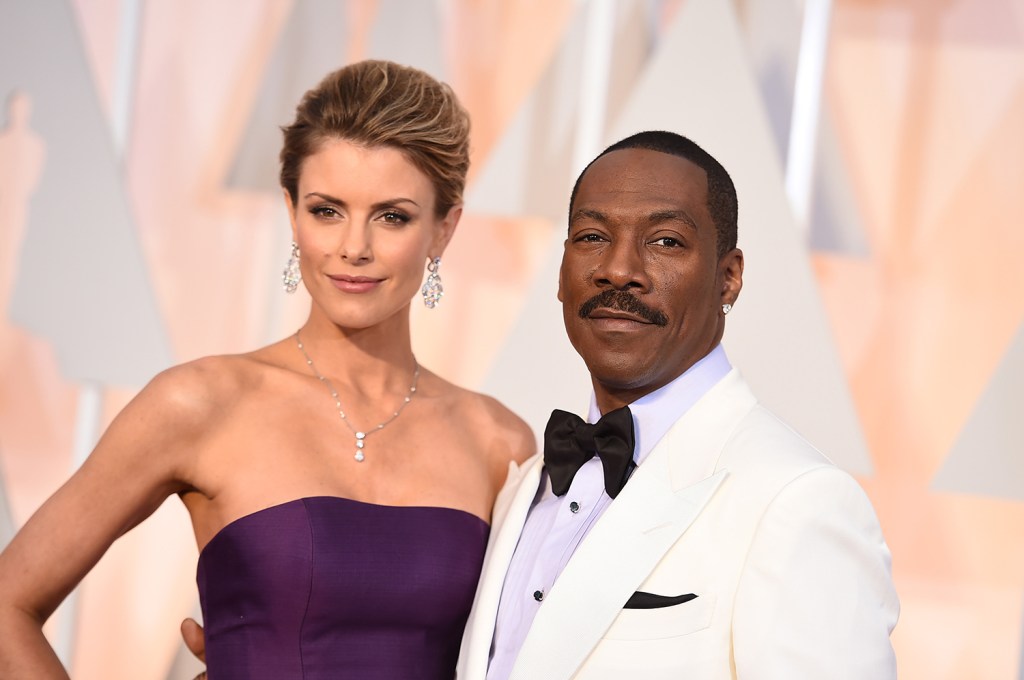
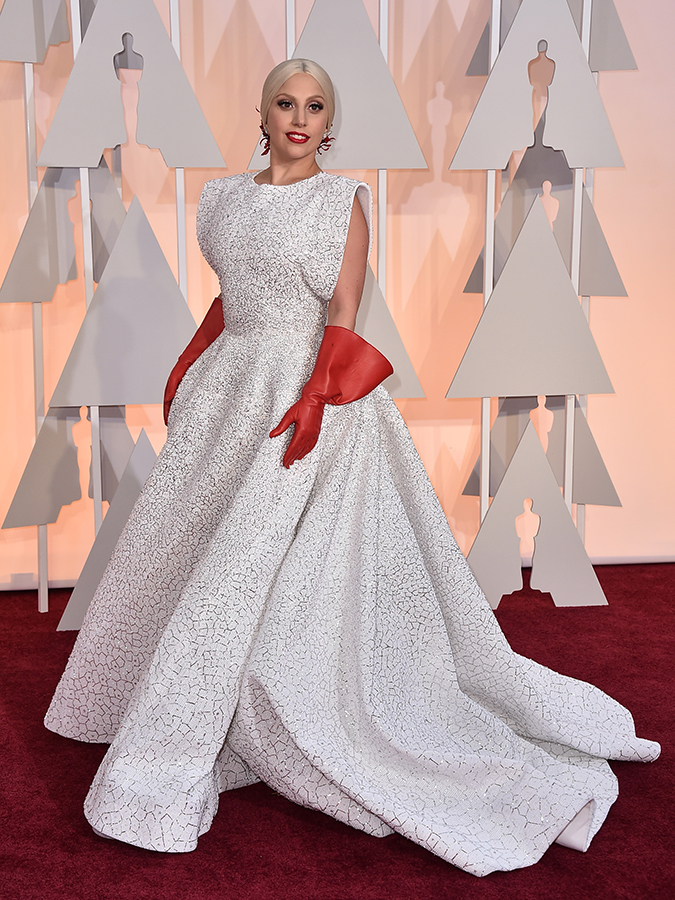

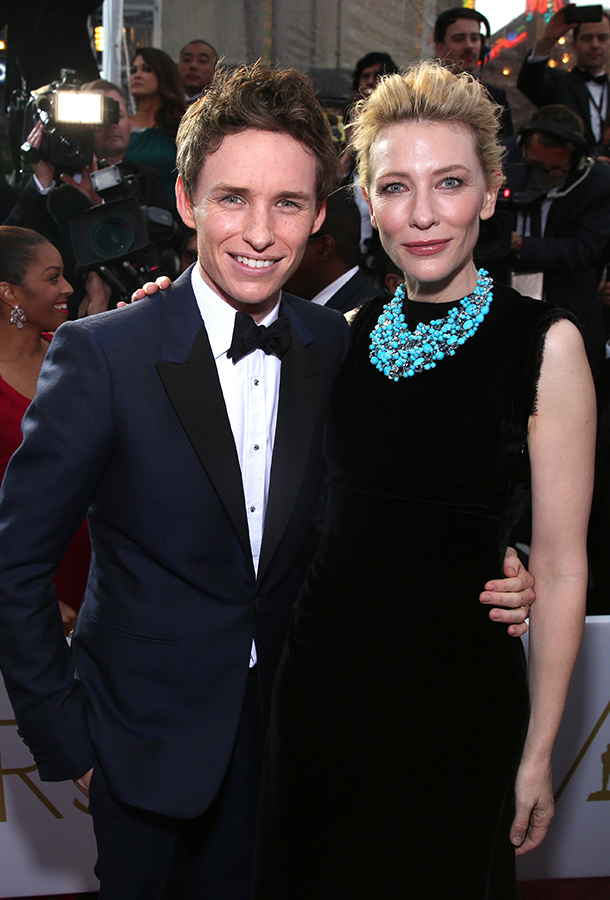

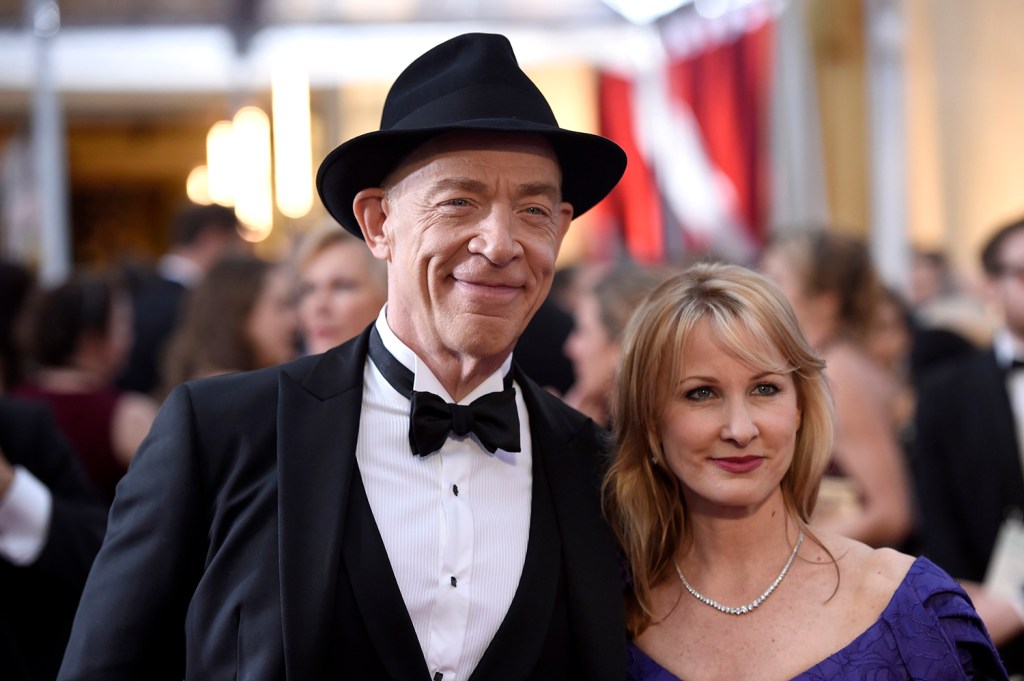
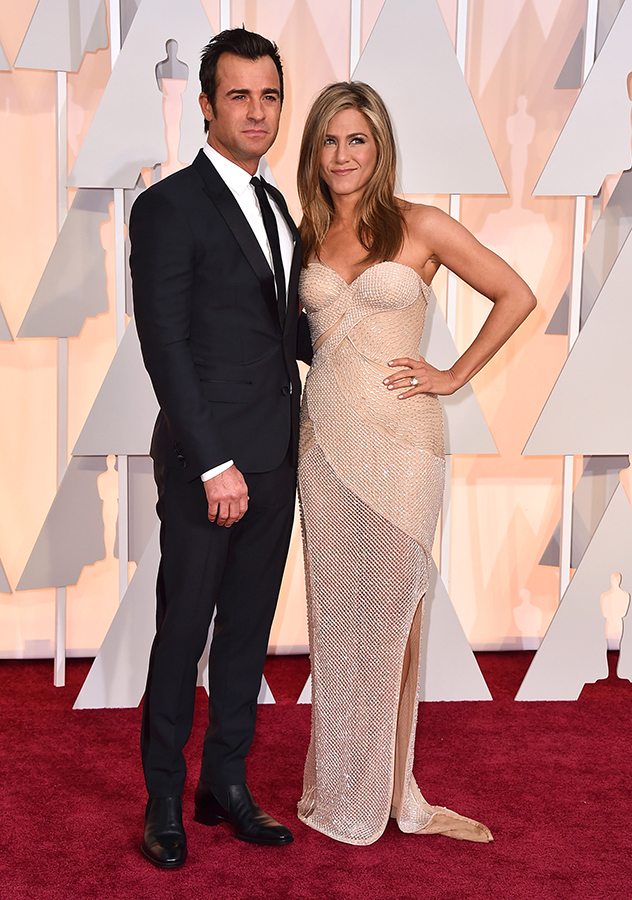
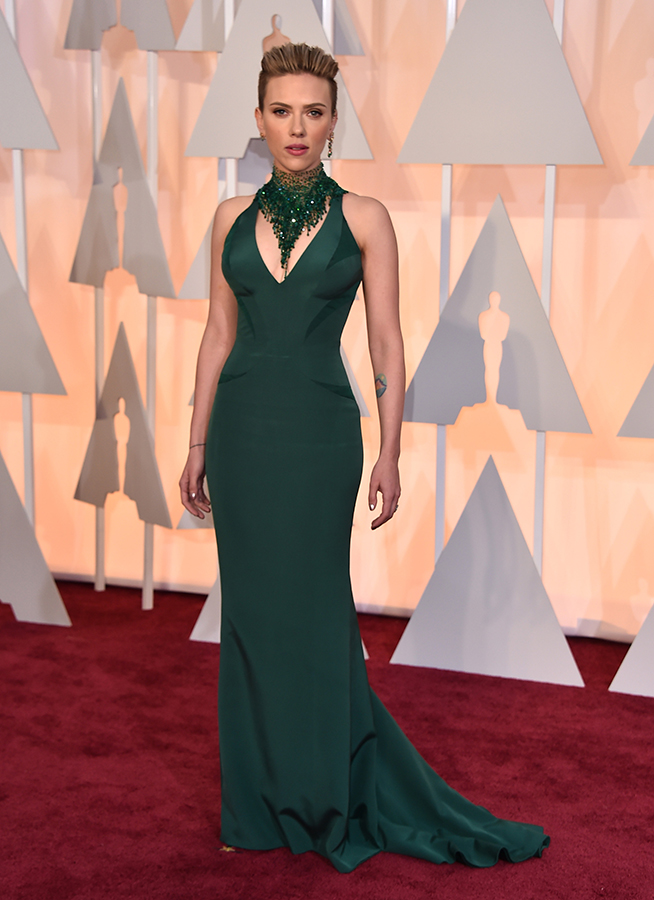
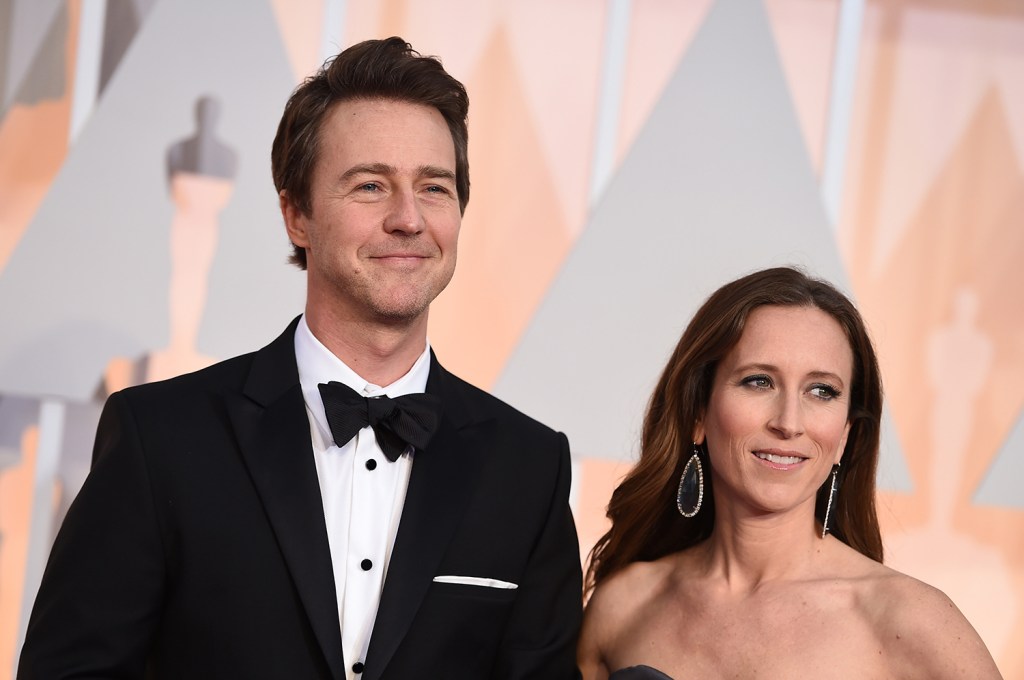
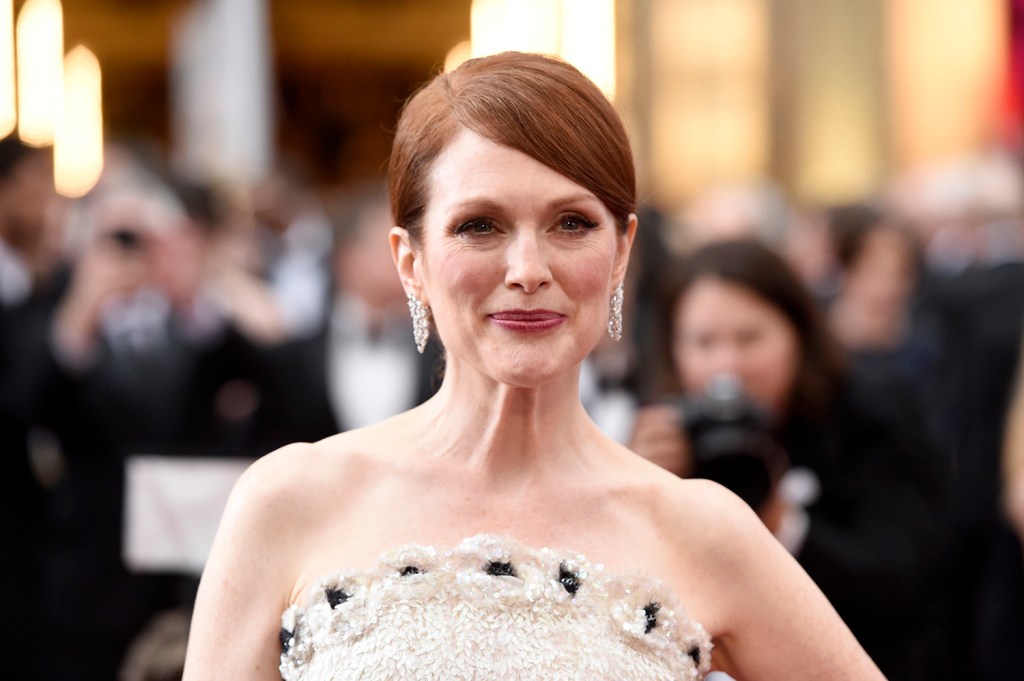
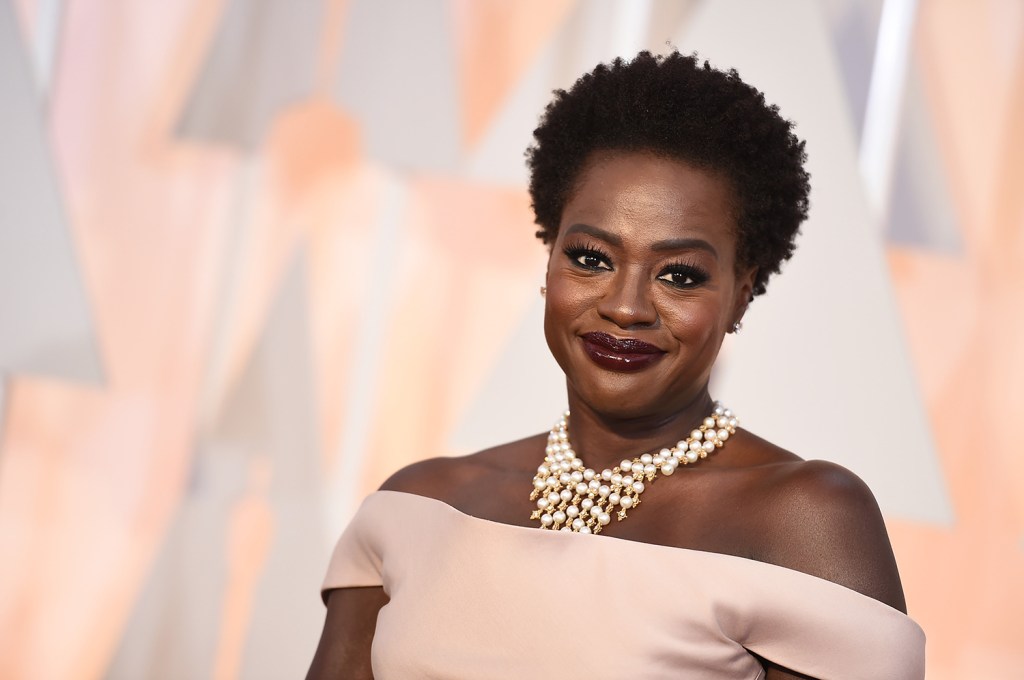
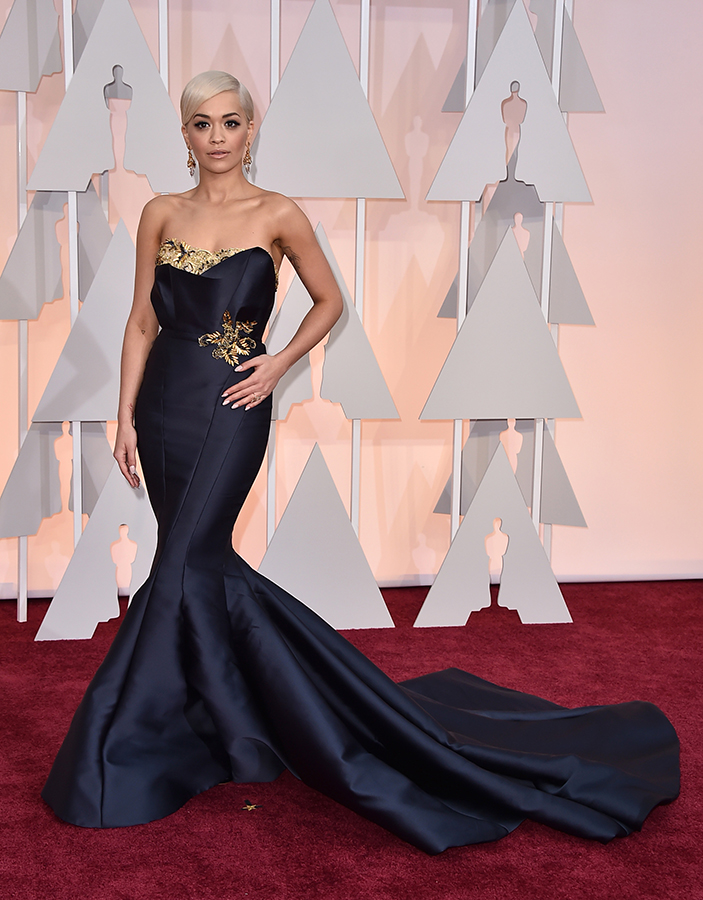
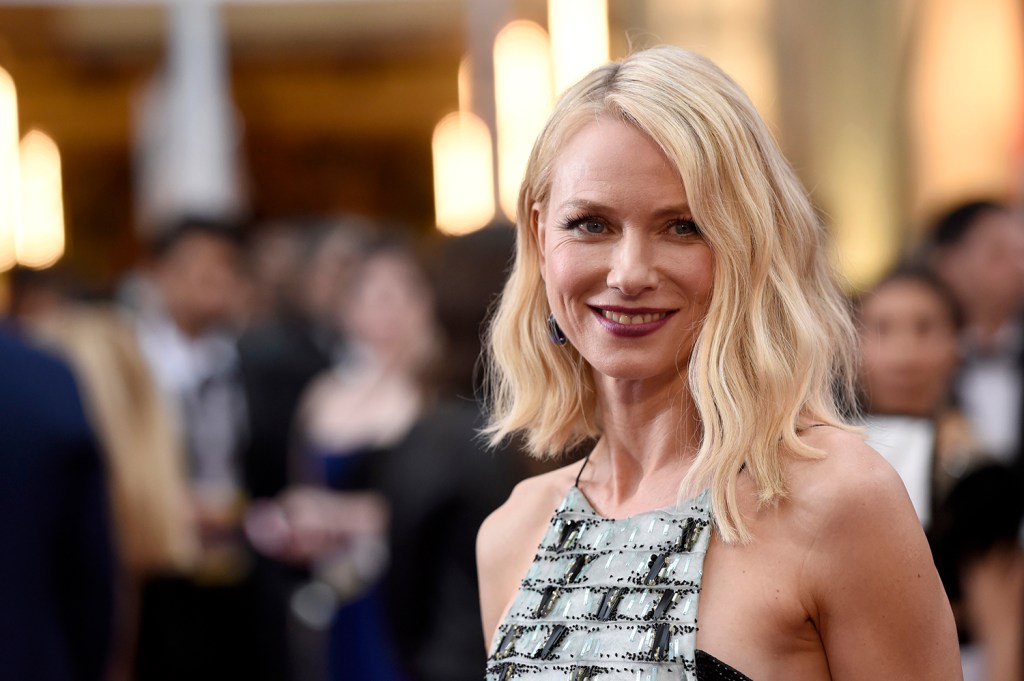
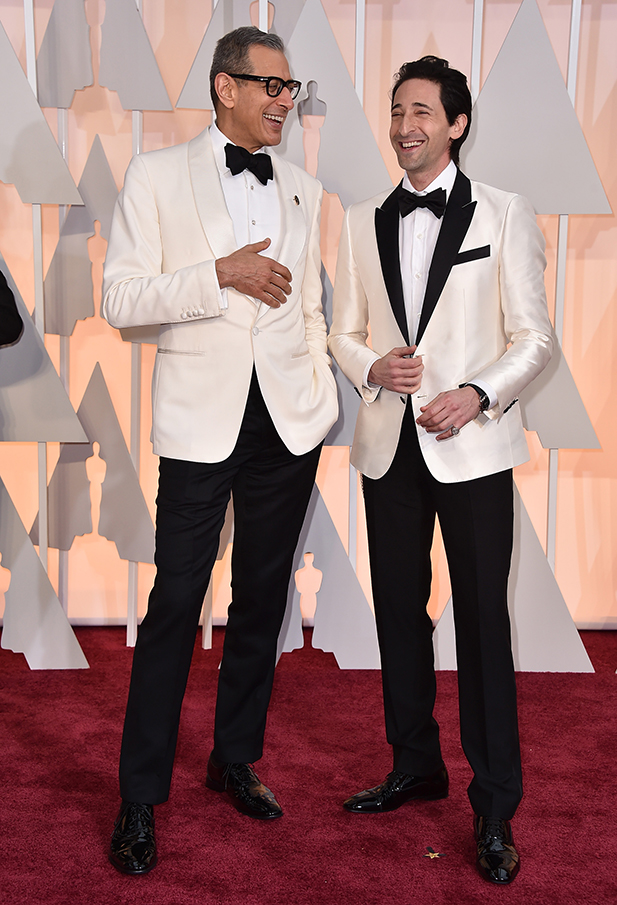
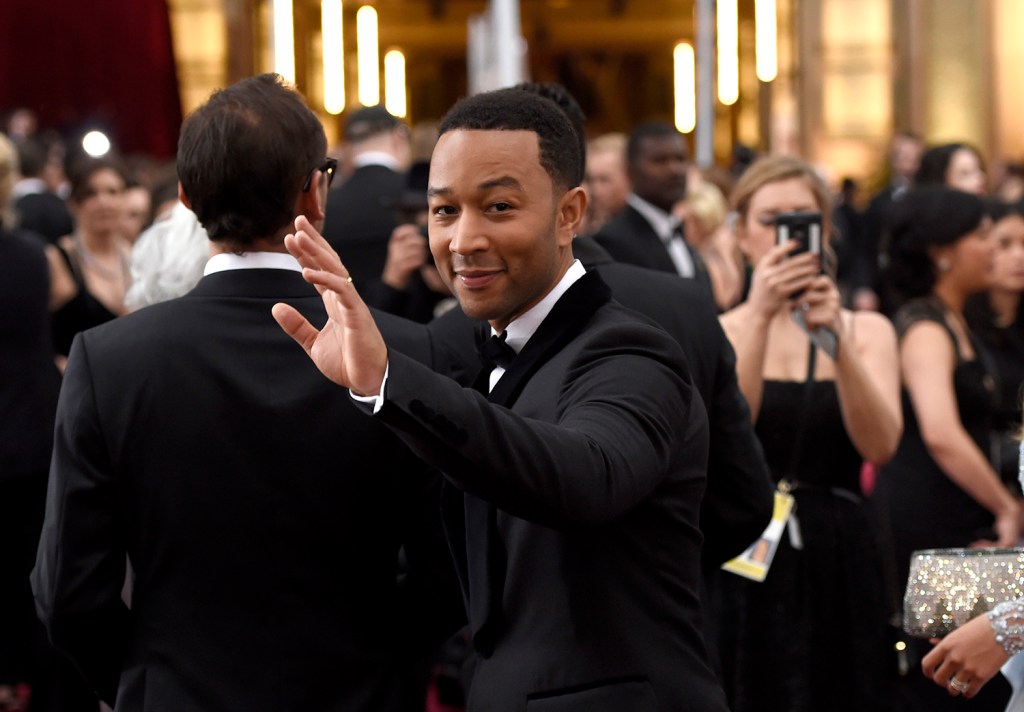
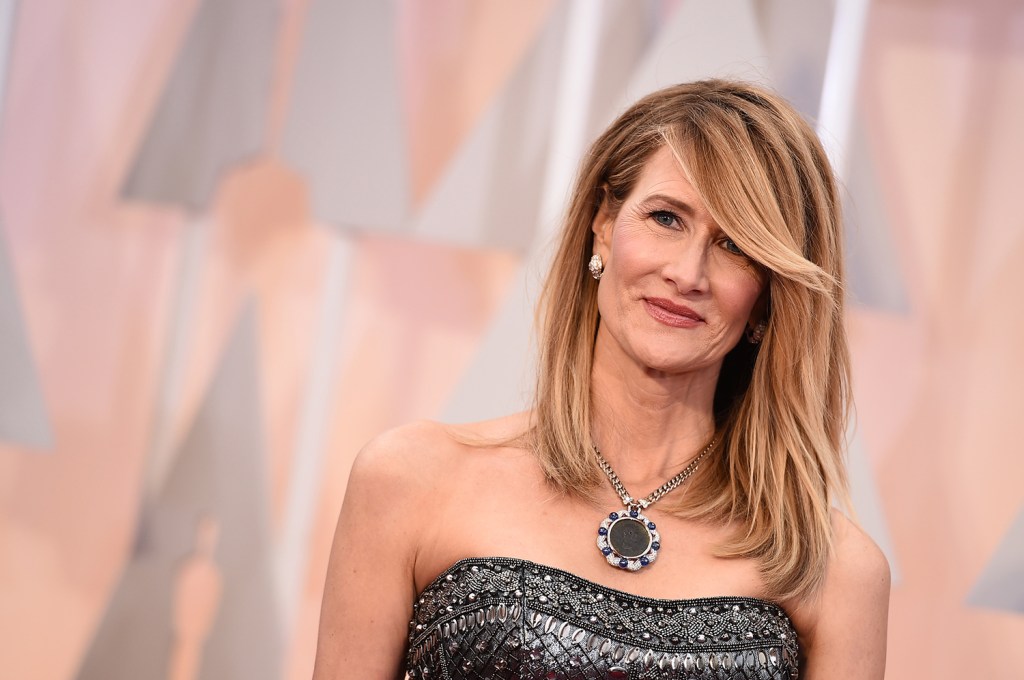

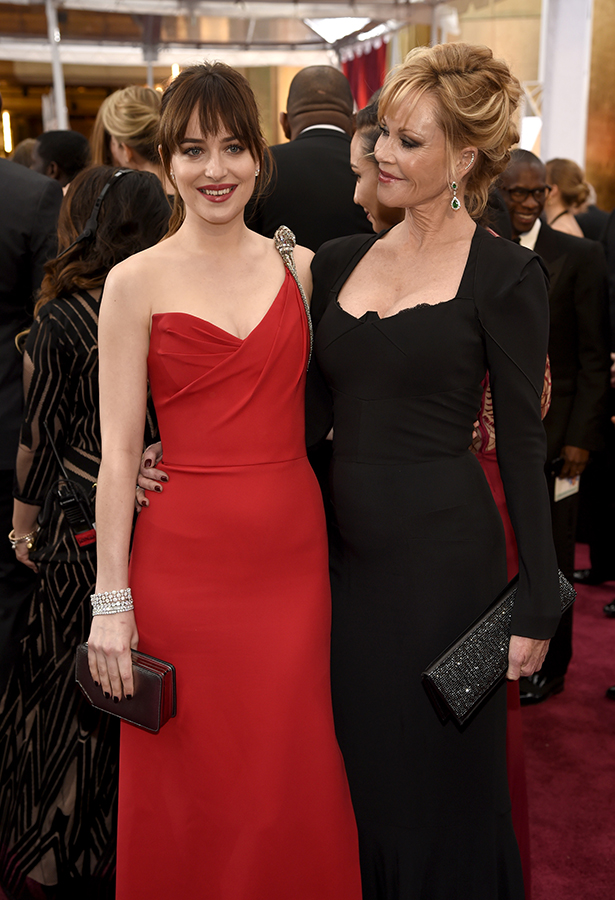
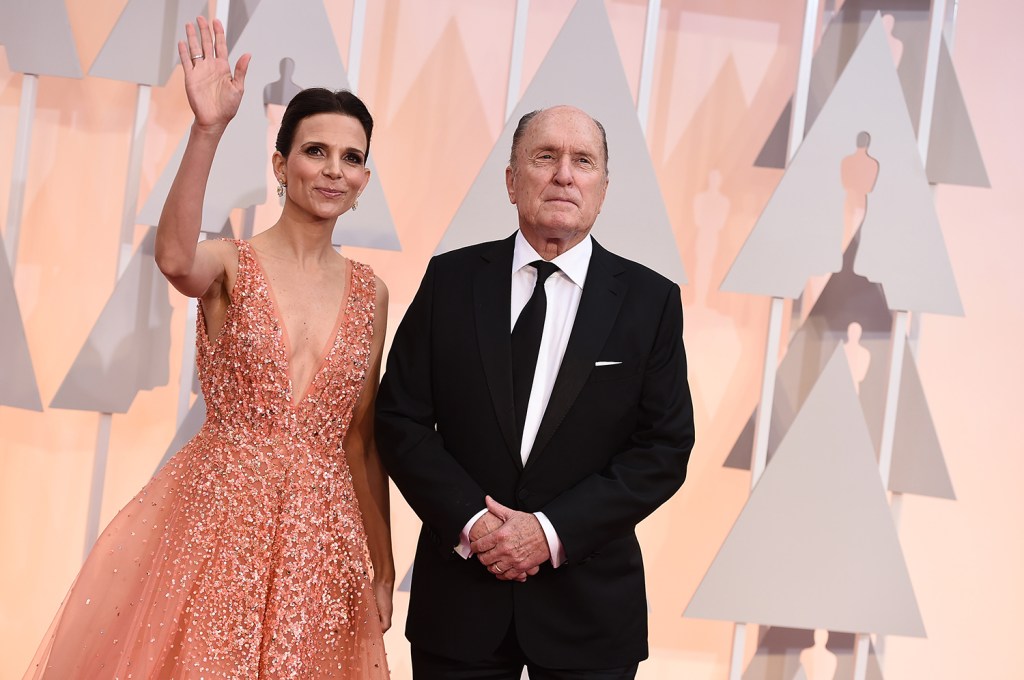
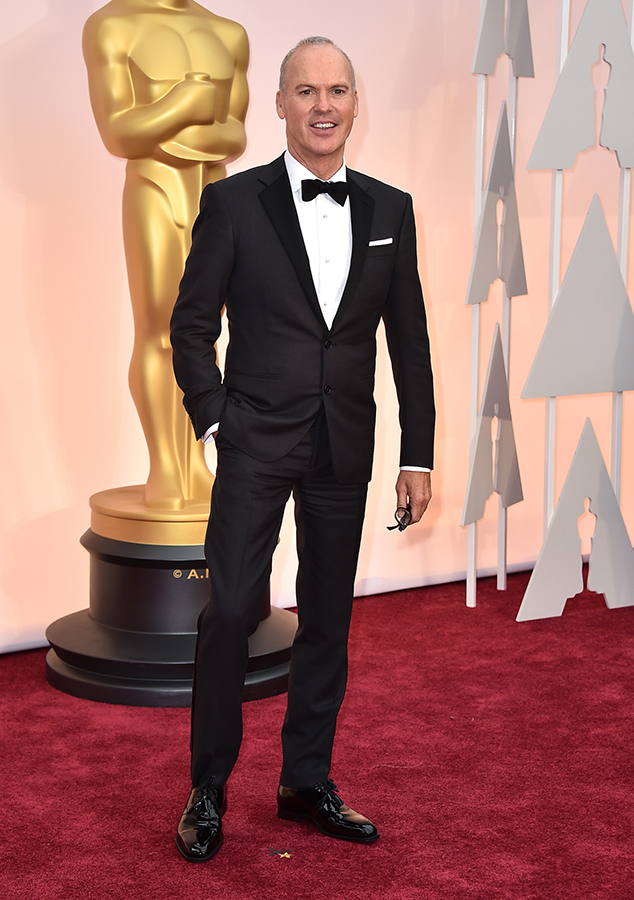

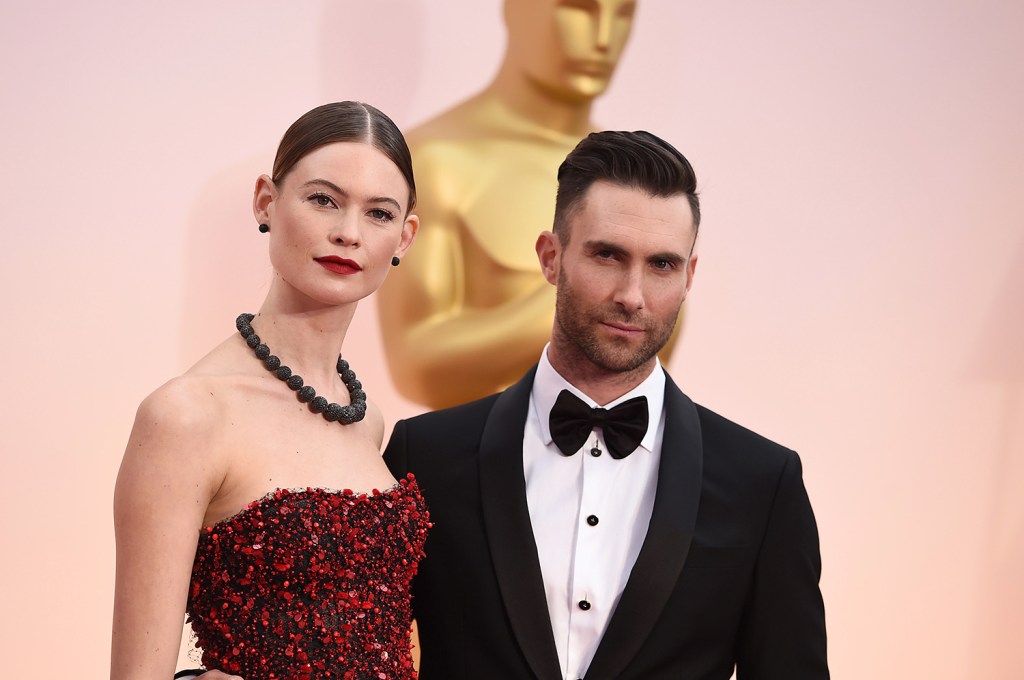

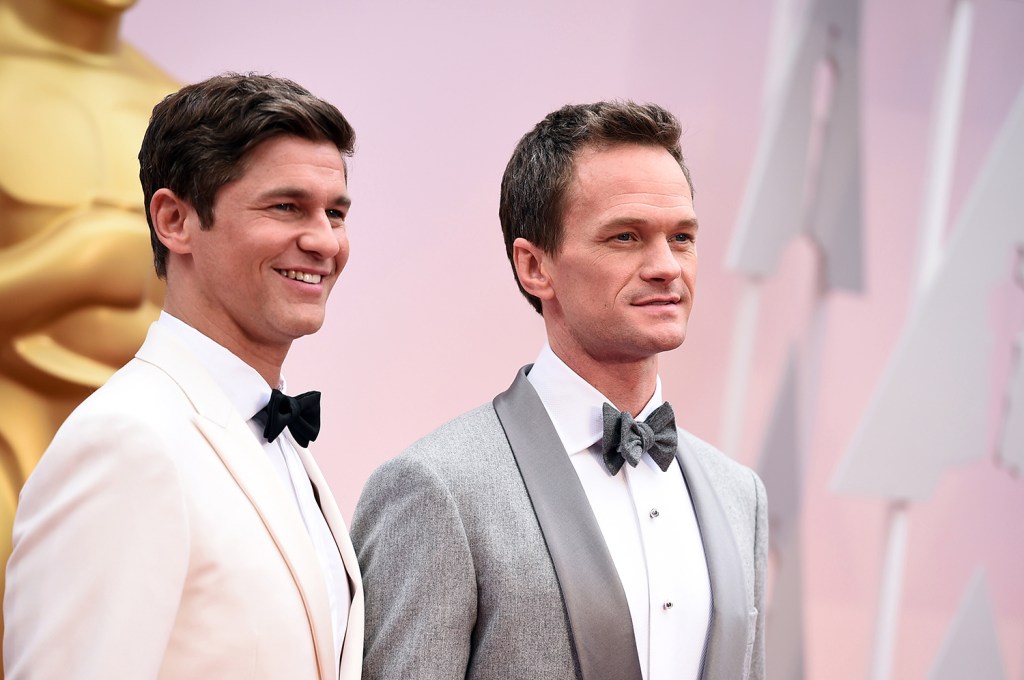
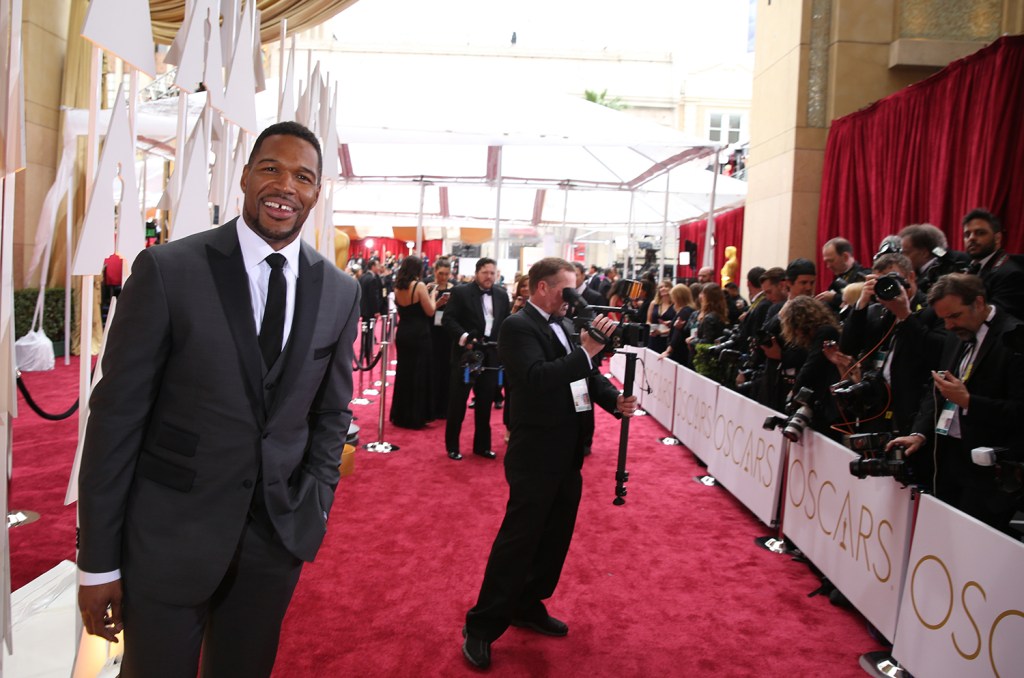
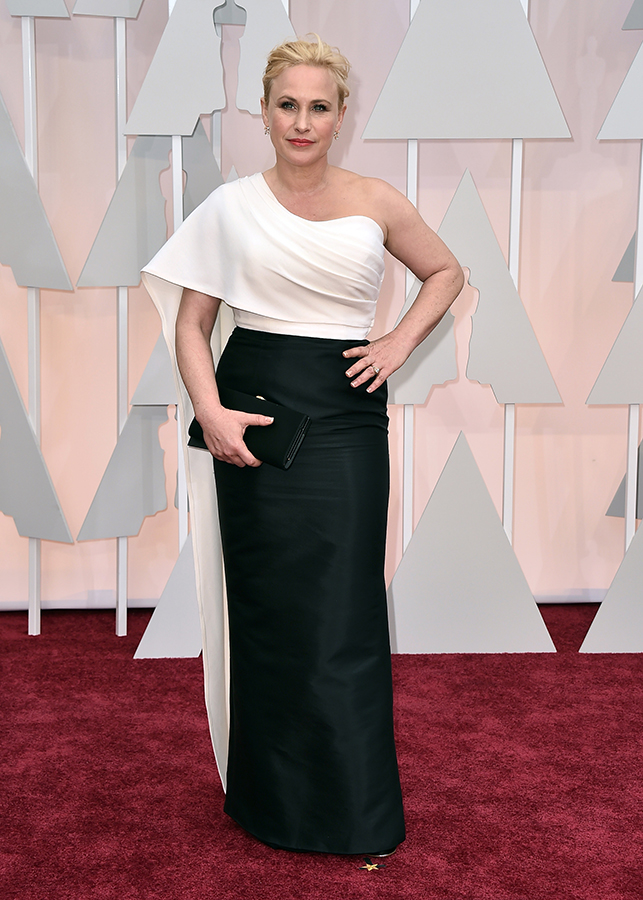

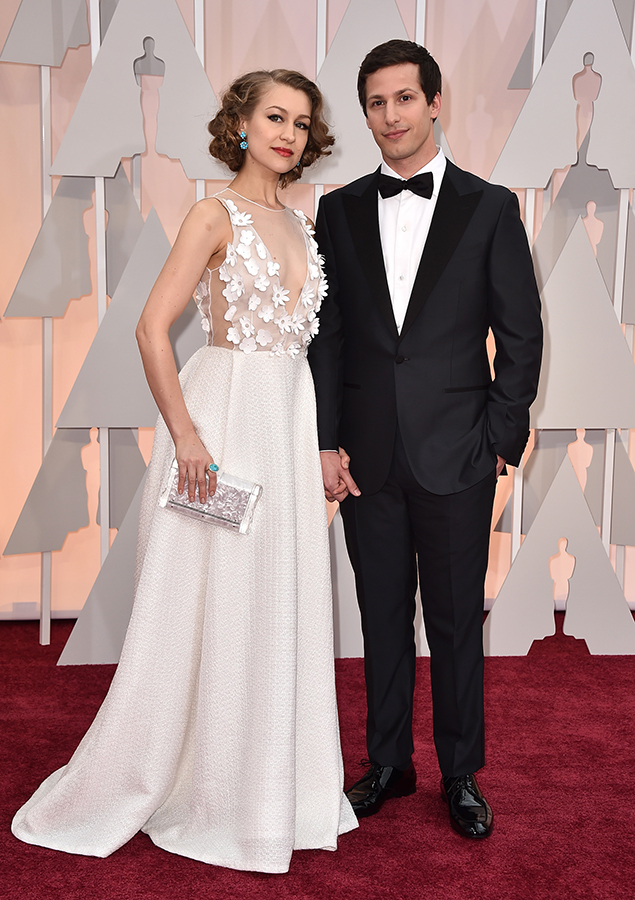
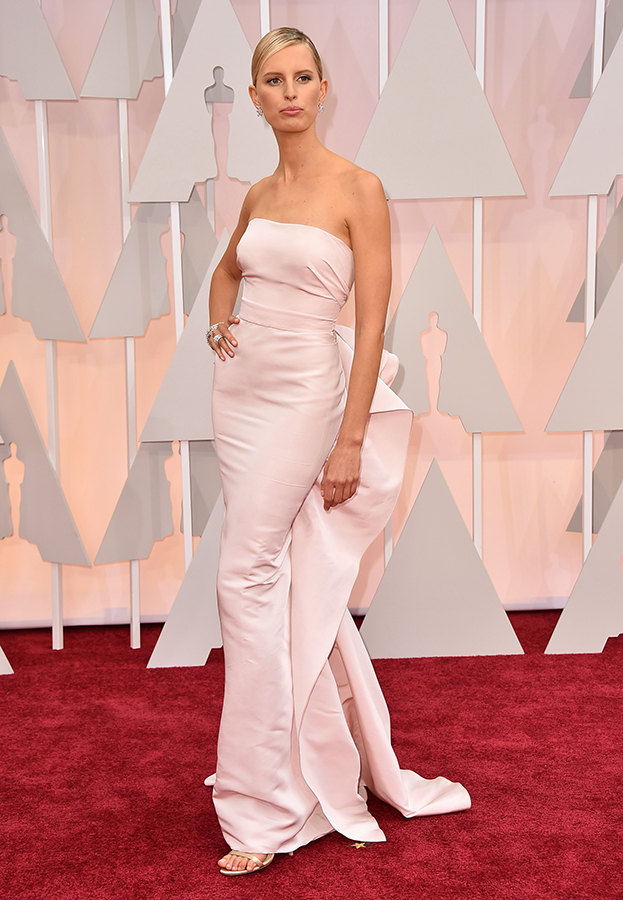
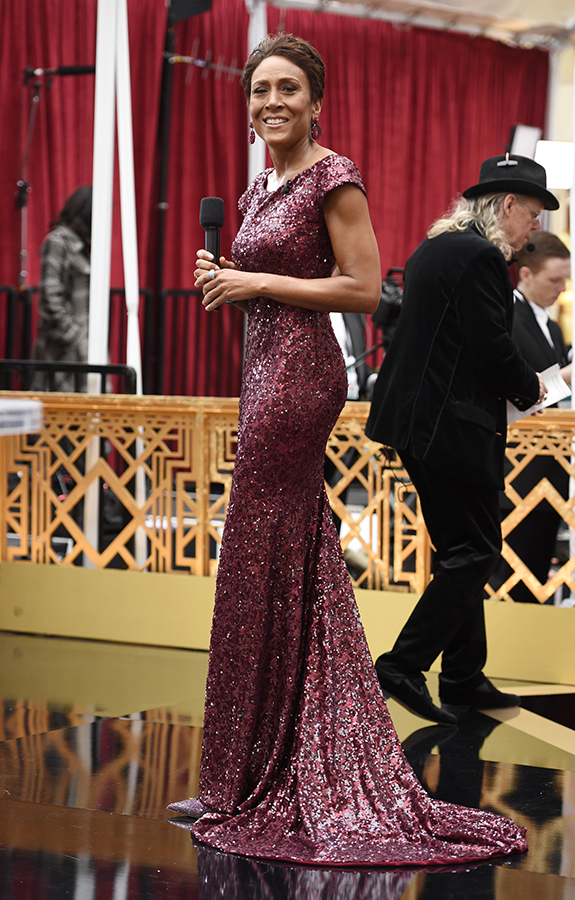
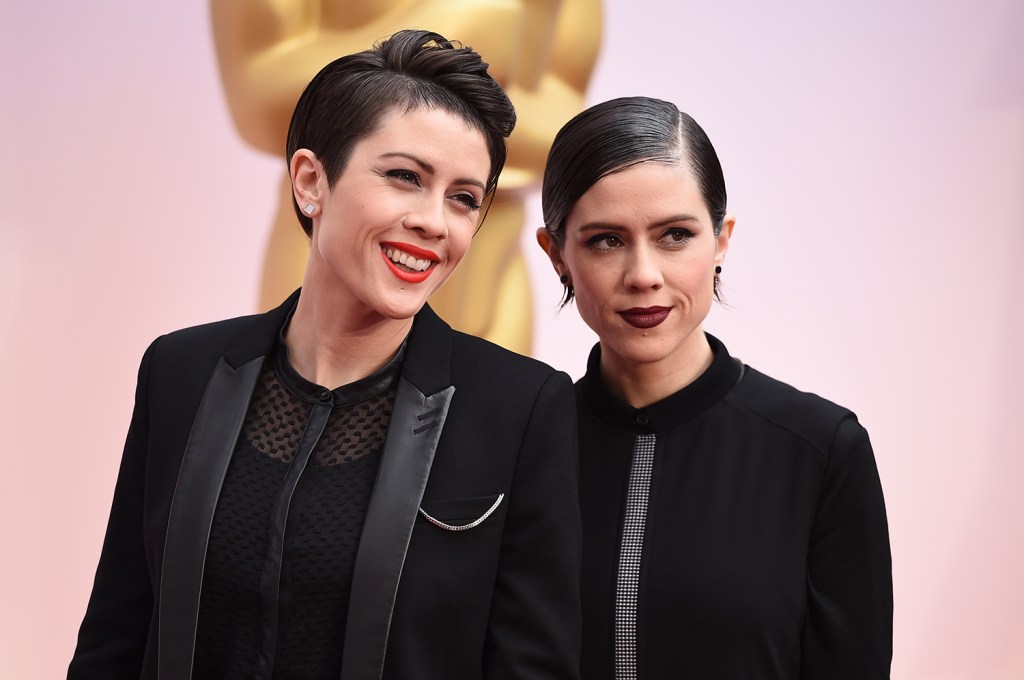
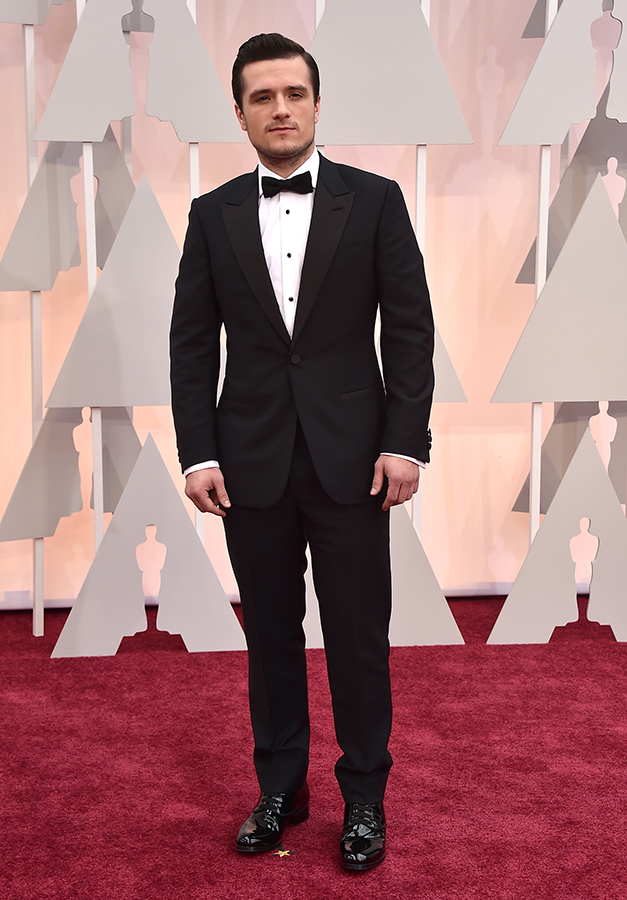
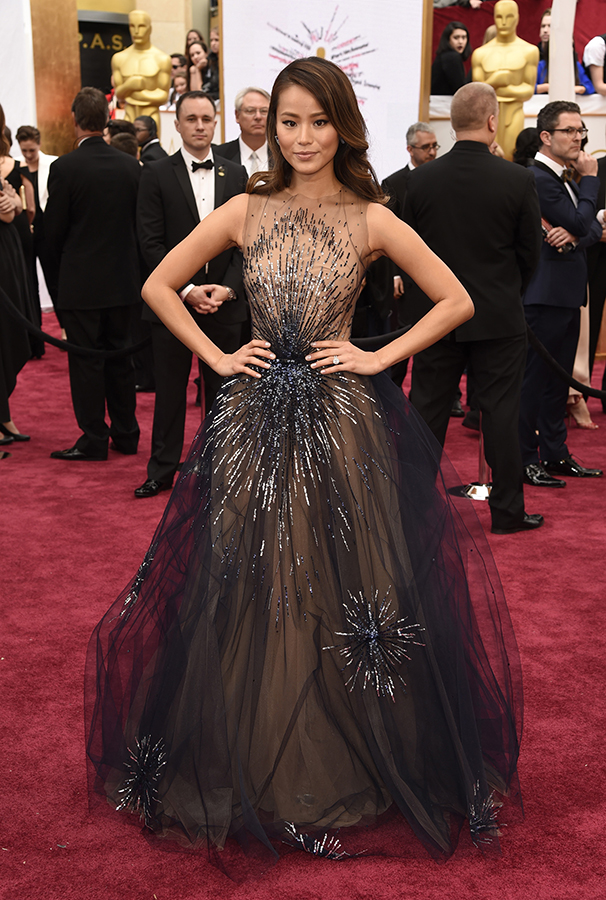
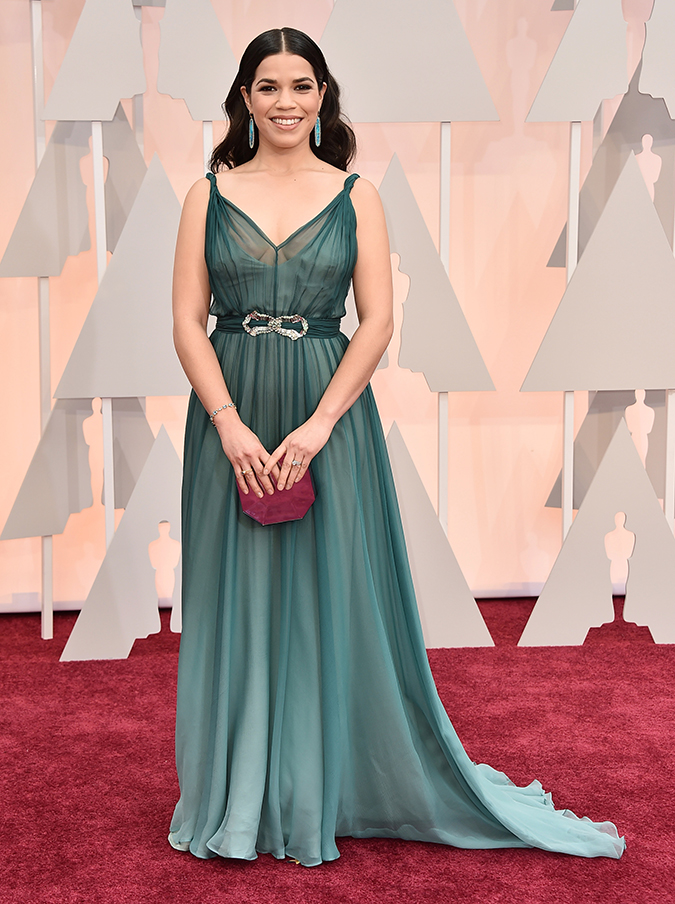
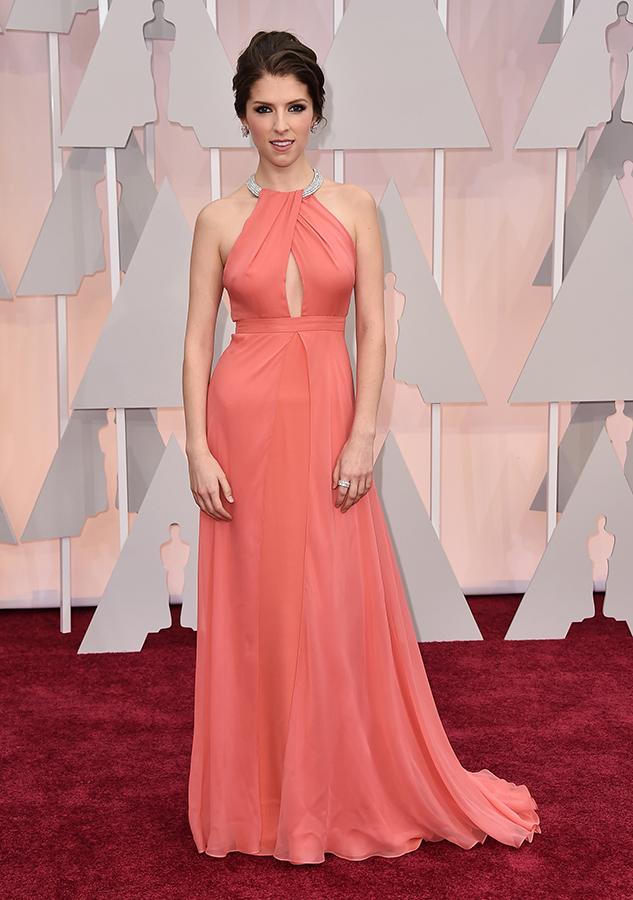
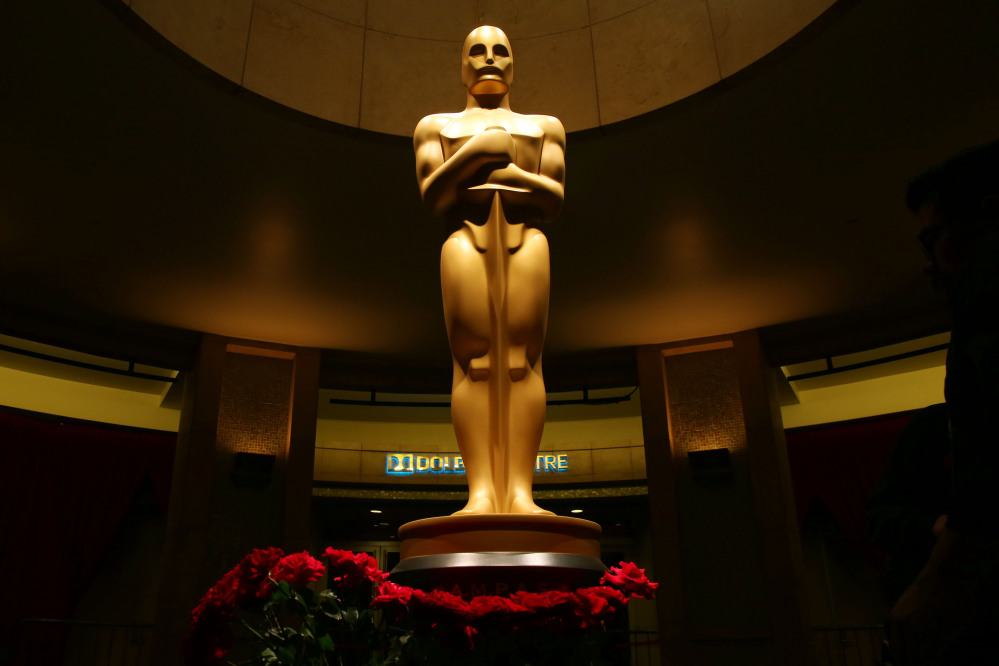
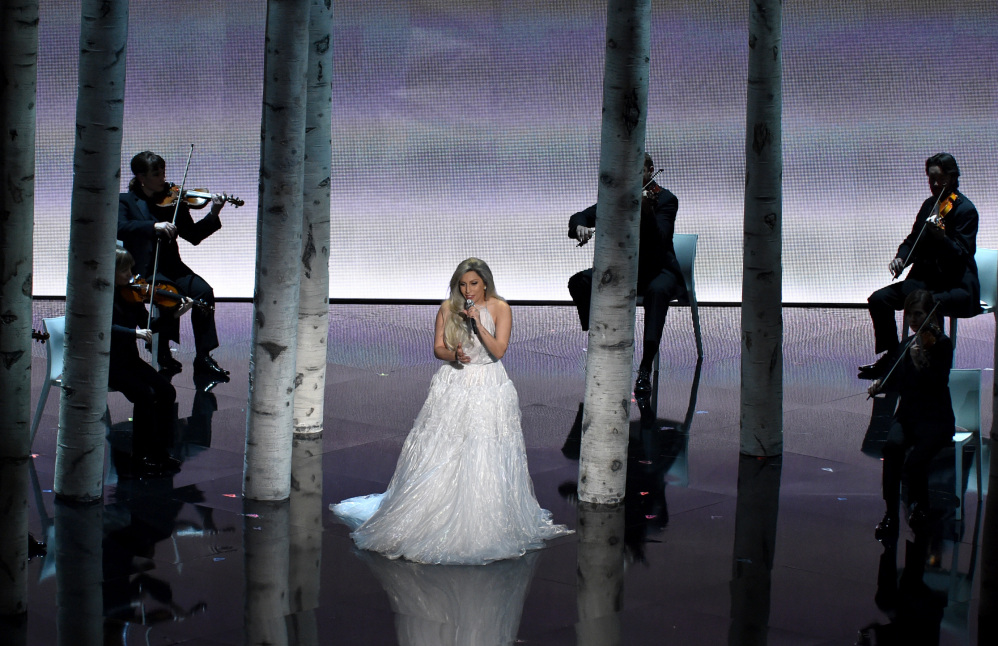

Success. Please wait for the page to reload. If the page does not reload within 5 seconds, please refresh the page.
Enter your email and password to access comments.
Hi, to comment on stories you must . This profile is in addition to your subscription and website login.
Already have a commenting profile? .
Invalid username/password.
Please check your email to confirm and complete your registration.
Only subscribers are eligible to post comments. Please subscribe or login first for digital access. Here’s why.
Use the form below to reset your password. When you've submitted your account email, we will send an email with a reset code.